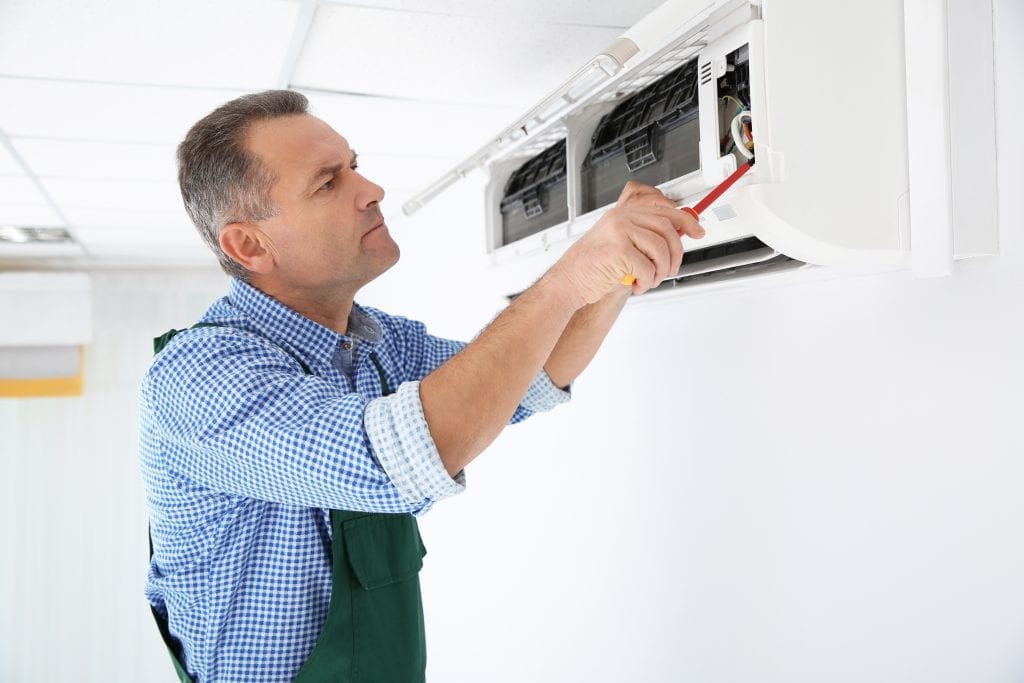Responsibilities Of HVAC Technicians During Installation
HVAC installers have a variety of essential duties to ensure your HVAC equipment is installed, maintained, repaired to standard, and is safe to use.
This article highlights four main responsibilities of an HVAC installer.
Four Key Responsibilities Of An HVAC Installer
HVAC service technicians have a myriad of responsibilities when it comes to your heating and cooling system.
Here are the four main duties of a professional heating, ventilation and air conditioning technician.
- Equipment installation
- System maintenance
- Troubleshooting
- Safety considerations
While many may think HVAC technicians’ sole job is to install systems, they are responsible for a wide range of services.
Installation may be the most thought of, but when it comes to safety and maintenance, HVAC installers must be experts in all things HVAC.
HVAC Technicians Are Responsible For System Installation
1. Equipment Installation
HVAC service technicians are responsible for all equipment installation involving heating and cooling systems. The types of equipment they’re responsible for varies.
It isn’t just the installation they have to take care of, they need to remove old equipment too.
Additionally, HVAC installers need to test all electrical connections once they are finished to ensure the system is functioning properly.
Clean up is another responsibility of an HVAC installer, as well as answering any questions their customers may have.
2. System Maintenance
In regards to system maintenance, HVAC technicians check both outdoor and indoor units of the heating and cooling system. This will include all internal components including all motors and belts.
During system maintenance the technician is also responsible for checking refrigerant levels and checking for any damaged parts of frayed lines.
They will also check all circuits, drain lines, safety controls, and valve caps.
If needed, technicians will also change out air filters to improve indoor air quality.
Overall, an HVAC service technician will check all parts to ensure the unit is in top condition.
3. Troubleshooting
The responsibility of troubleshooting typically falls under system maintenance.
When a service technician is checking the system, they are looking for any problems with the equipment.
This includes locating the problem and diagnosing exactly what is causing the problem.
They should also conduct warranty services and perform emergency repairs if needed.
4. Safety Considerations
HVAC technicians are also responsible for safety.
That includes safety of their customers and safety for themselves.
Installation and maintenance on a heating, ventilation, and air conditioning system can be hazardous; the equipment is heavy and there are various electrical and chemical components.
Installers must ensure they are wearing proper safety equipment when handling HVAC units.
Caustic chemicals and live electrical wires can be dangerous, so precautions must be taken.
These technicians must also ensure the safety of their customers.
That means making sure all wiring is up to code and that all equipment is operational.
Faulty equipment can lead to damage, fire, and even carbon monoxide hazards.
Safety considerations are no doubt the most important responsibility of an HVAC technician.
Contact MyAirToday for a free quote.
